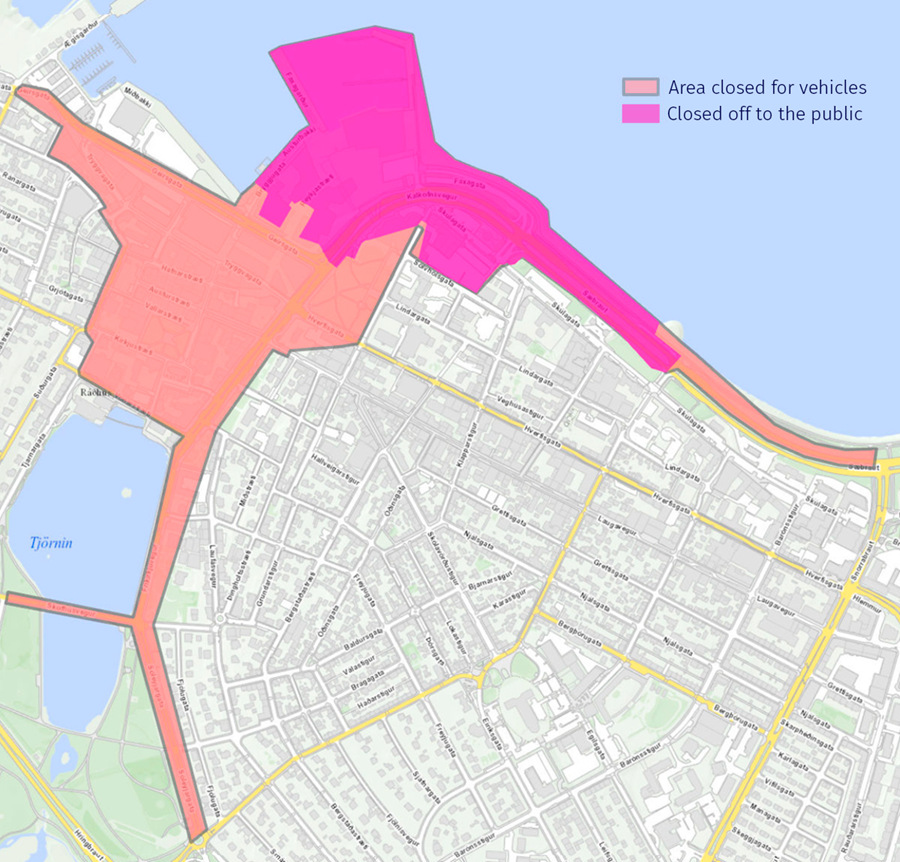CoE Reykjavík Summit
The Summit of Heads of State and Government of the Council of Europe will be held in Reykjavík on May 16–17 2023. This is the fourth time in the 74-year history of the organisation that the leaders of the member states meet under the auspices of the Council.
The Summit will reaffirm the principles of the Council of Europe, as well as the Council’s support for Ukraine. The focus will be on strengthening the Council of Europe’s activities with the Council’s core values of human rights, democracy and the rule of law as the guiding light.
The Icelandic Prime Minister and Minister for Foreign Affairs will host the summit. In addition to the Council of Europe’s member states, representatives of the EU, the United Nations and OSCE have been invited to address the summit.
Iceland took over the Presidency of the Council of Europe in November 2022 and will hold the position until May 2023. Iceland’s emphases during its Presidency are the Council of Europe’s core values: democracy, the rule of law and human rights, with an additional special focus on the environment, equality and the rights of children and youth.
The Presidency passes from one member state to the next, with each country holding the Presidency for six months. Iceland took over the Presidency from Ireland and will hand it over to Latvia during the May Summit. It is therefore a coincidence that Iceland should hold the Presidency during these turbulent times.
The Summit that will be held in Iceland on May 16–17 is the fourth Summit in the history of the Council of Europe. The last Summit of the Council was held in 2005 in Warsaw, the one before that in Strasbourg in 1997 and the first Summit was held in Vienna in 1993. In the wake of Russia’s invasion of Ukraine it became clear that cooperation and solidarity within Europe would be under strain. The Council of Europe plays a key role in this mission and the Summit is part of an effort to reinforce the solidarity of the member states and ensure that the Council will be able to continue to promote its core values within the continent, i.e. democracy, human rights and the rule of law. The Summit will therefore work towards reinforcing Europe's solidarity with Ukraine and strengthening the pillars of the Council of Europe to promote its core values.
In May of last year, discussions began on whether it was time, in light of the global situation, to convene a Summit of the Council of Europe. Iceland announced that it was prepared to take on the task of hosting the Summit in Reykjavík, should it be requested. A formal decision to hold the Summit in Iceland in May 2023 was taken during the meeting of the Committee of Ministers of the Council of Europe in November.
The Summit will have some effects on the daily lives of the inhabitants of the capital area on May 16 and 17. For security reasons, the streets around Harpa Conference Centre will be closed to vehicular traffic during the Summit, but the area will be accessible on foot and by bicycle. Kindly note that restaurants, coffeehouses and museums in downtown Reykjavík will be accessible by foot, except for the ones located around Harpa.
Additionally, some traffic disruptions can be expected all over the capital area, due to transportation of the delegations to and from Reykjavík airport and Keflavík airport during these days, with the most widespread effects taking place in the afternoon of Tuesday and Wednesday.
Here is a map of the area that will be closed off to vehicle traffic during the Summit.

.png?proc=400x400)
